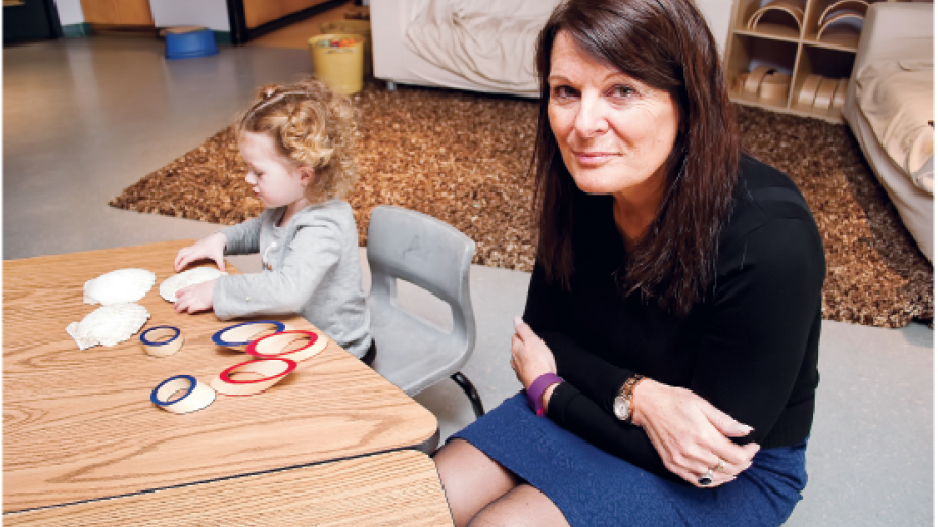The City of Vancouver says 188 new childcare spaces were opened in 2015 as part of its efforts to add 1,000 childcare spaces over four years.
The city also announced Tuesday (December 29) it had approved another 389 space this past year, bringing the total number of spots either opened or approved to 577.
In 2014, city council voted in favour of spending $30 million as part of a four-year plan to create 1,000 new spots. According to the plan, each child-care space costs $30,000 to build.
City Hall had previously determined Vancouver requires 7,500 more childcare spaces. At $30,000 per spot, taxpayers would need to spend an additional $195 million to cover those costs.
In Vancouver, median toddler fees are $1,180 per month compared with $1,000 per month in Burnaby and $900 per month in Surrey.
Sharon Gregson, director of family and child services at Collingwood Neighbourhood House, told Business In Vancouver in early December higher land costs explain some of the discrepancies in fees paid among to three cities.
But she raised concerns about the lack of transparency in how child-care providers are setting fees, despite the fact many operators receive government grants.
Gregson, who’s in favour of a $10-a-day childcare system, said she hopes the new federal government begins focusing on the problem.
“(The City of Vancouver) is a leader in recognizing that quality affordable child care supports children, families and the economy,” she said in a December 29 statement.
“There’s more to do, and we need the provincial and federal governments at the table to ensure child care services are high quality and affordable for all families who want and need them.”
After Quebec introduced a $7-a-day childcare program in the 1990s, the number of working women with pre-school-aged children increased by nearly 22 percentage points, according to a 2012 study from University of Quebec at Montreal economics professor Pierre Fortin.
Meanwhile, a 2015 report from the Canadian Centre for Policy Alternatives determined a proposed $10-a-day program in B.C. could mostly pay for itself as the economy expanded as more women entered the workforce and paid taxes into provincial and federal coffers.
The study proposed funding the program by also raising the small business tax rate from 2.5% to 3%, raising the corporate income tax from 11% to 12% and increasing taxes on high-income earners.
In all, the report estimated it would cost $1.5 billion to implement the new system over a phased, 10-year period.
—With files from Jen St. Denis




